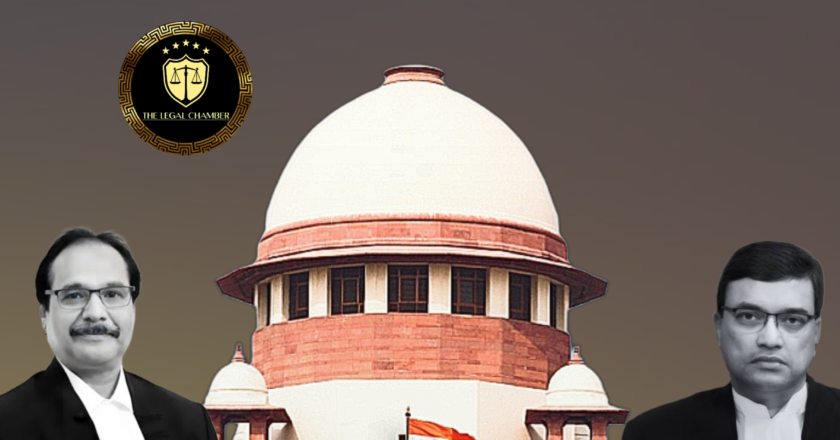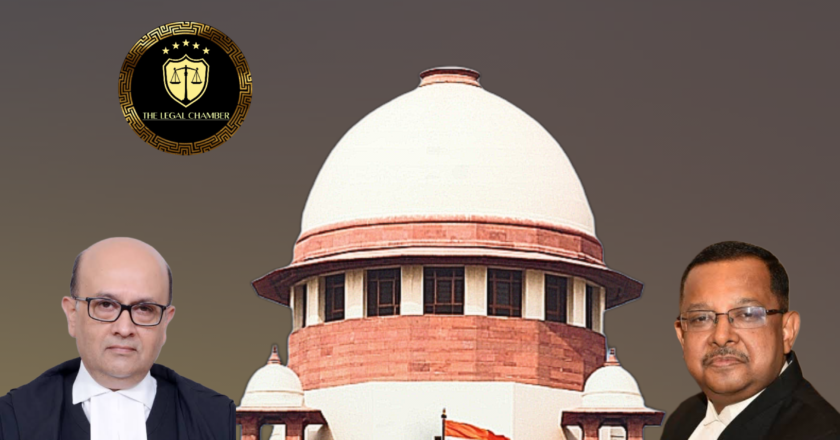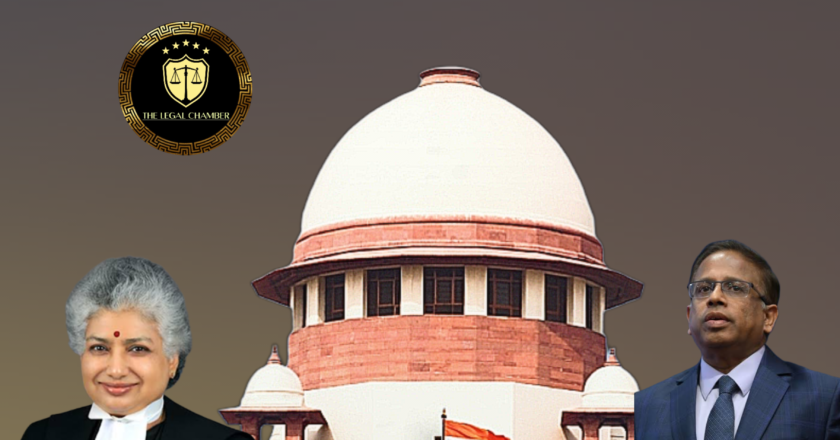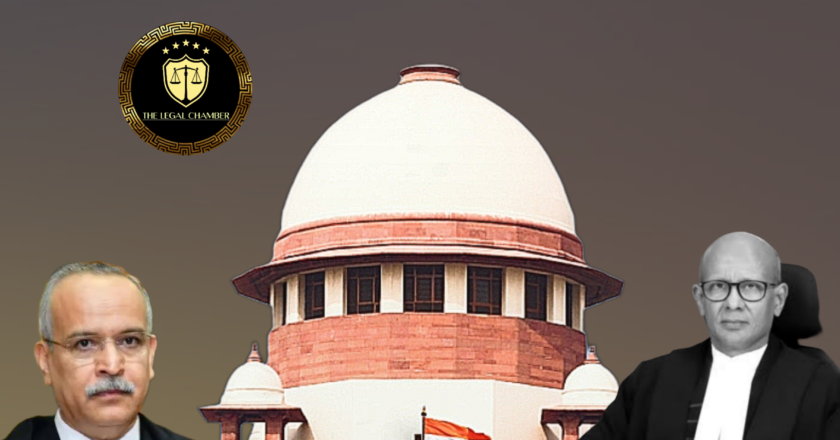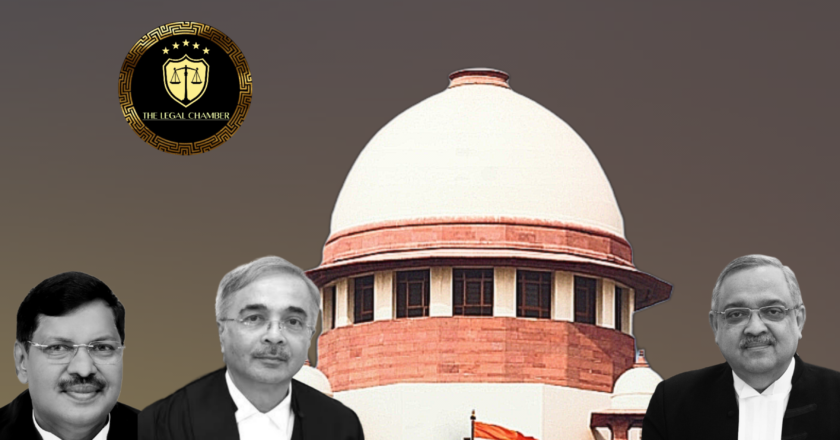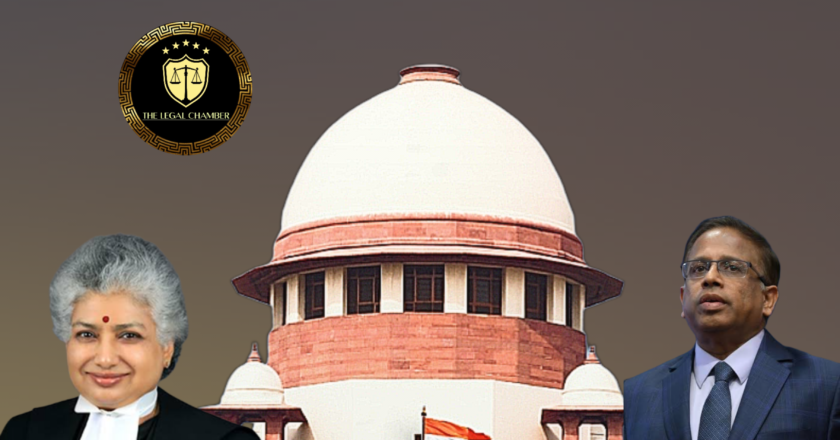Supreme Court Curbs “Prove Prejudice” Rule: A Landmark Win for Natural Justice
The Supreme Court ruled that violating mandatory procedural safeguards in disciplinary inquiries, like failing to question an employee on adverse evidence, inherently constitutes prejudice. Relying on undisclosed material, such as a vigilance report, to enhance punishment also violates natural justice. No independent proof of prejudice is required for such fundamental breaches.
Facts Of The Case:
The appellant, K. Prabhakar Hegde, was a senior officer and Zonal Head of Vijaya Bank (which later merged with Bank of Baroda). In 1999, he was served with notices alleging irregularities in sanctioning temporary overdrafts to various parties. Formal disciplinary proceedings were initiated against him in 2001. An inquiry officer was appointed, who submitted a report holding the charges proved. N...
